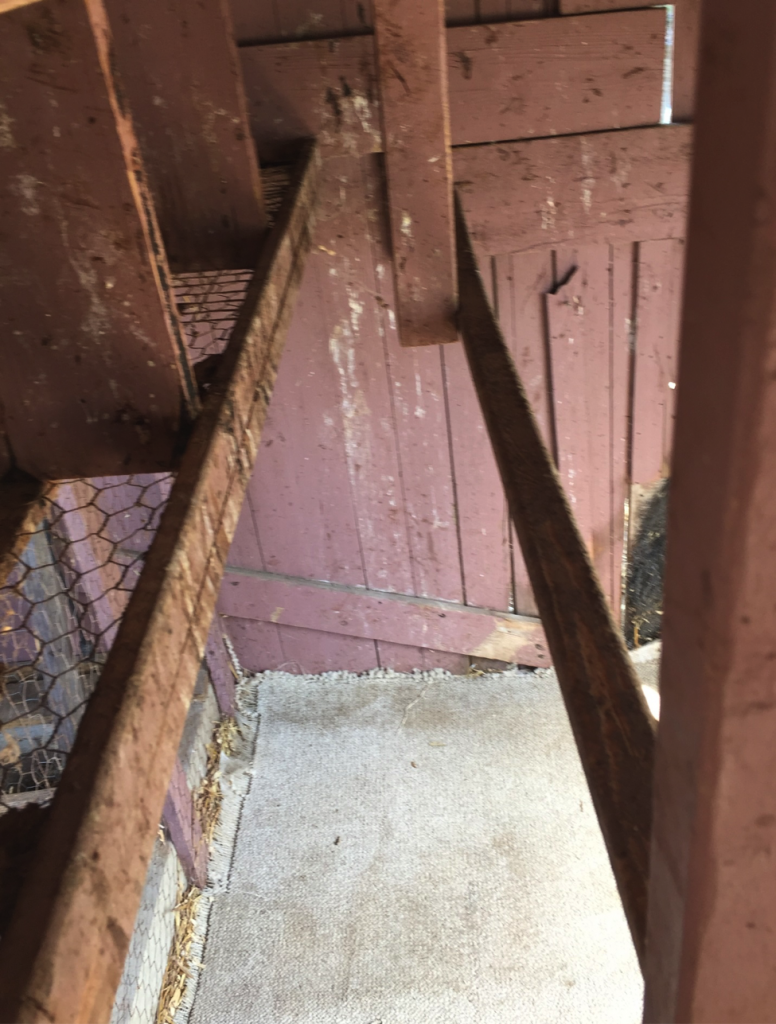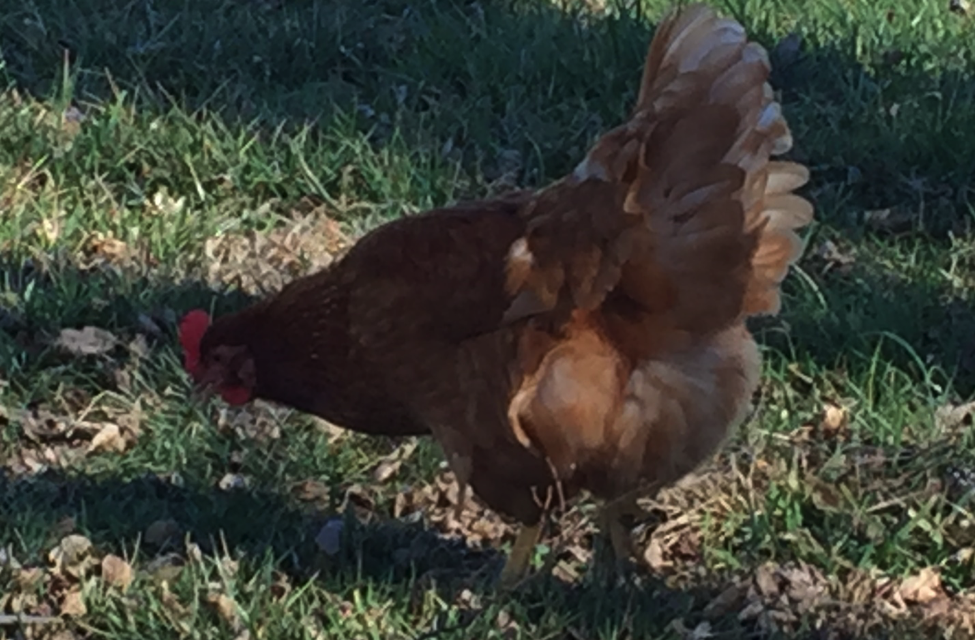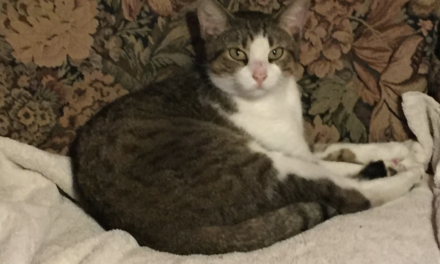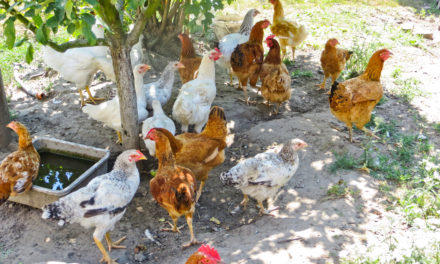How are your hens? Are they ready for the upcoming frigid temperatures and gusty winds of winter? The proverb about an ounce of prevention being worth a pound of cure is especially true when it comes to prepping your coops for winter.
I love sharing one of my passions, making sure that new “flocksters” (someone who loves poultry) have the knowledge to succeed during the winter months. This post will explore how to prep your coops for winter as it pertains to keeping the dreaded mites, lice and ticks at bay. Did you know that some mites, lice or ticks can cause death in poultry? If it doesn’t kill them, it can at least reduce their egg production and overall health.
A parasite is a living organism that attacks the body of a living host and survives without providing a benefit to the host; it is a moocher. Any living thing that invades a chicken’s body and causes disease is, by definition, is a parasite. We tend to think of parasites as animals while other causes of infectious disease are primitive plant forms like the protozoans that cause Coccidiosis.
Parasites are divided into internal parasites and external parasites. External parasites generally feed off their hosts by staying on the outside of their bodies. External parasites are divided into two categories — insects and mites. Insects include bugs like mosquitos, fleas, flies and lice. Mites include chiggers and ticks. External parasites will not kill off their host chicken quickly, but tend to cause death more often in young birds. They all produce similar results, weight loss or slow growth, reduced egg production and aesthetic damage to meat birds. The affected hen may also become so weak that it can no longer walk to water and feed, making it prone to cannibalism by the flock.
Insect parasites of poultry: bugs, fleas, flies and lice all belong to the class Insecta. Most insects spend at least part of their lives living off their host bird’s body, making it easier to eradicate their breeding ground and habitats. An old farmer friend told me before I ever set up my coop in a wooden building that someday I would have issues as all the best poultry farmers only used block building that they could hose down. Norman was right again, and since wild birds are always in my coop in winter, lice have been a problem for the last several years.
The most common bug that affects chickens is, of all things, the bedbug! Cimex lectularius is the bloodsucking parasite in our area. Bedbugs infest crevices, cracks and litter where they can survive for up to a year without finding a host chicken for another meal. Incredible! It only takes the insidious bedbug 10 minutes to feed at a time and only at night. You may have an infestation if you find black fecal spots on eggs and in cracks and crevices. There may also be an odor created by the bedbug’s stink glands. Adult bedbugs are relatively large at a quarter of an inch.

To eliminate them, remove all infected litter, cleaning out houses and coops and dusting the entire surface especially all cracks and crevices using an insecticide approved for poultry. My boys just cleaned out my small coop where I plan on wintering my much smaller flock. It will be washed down with a bleach solution and sprayed with Sevin weeks before the girls take up residence. Buchheit has a line of products that will fit the bill, as well as fresh pine shavings to use as clean litter. Remember not to use cedar shavings with chickens as it can cause respiratory issues. Sevin works great for all the external parasites in our area. I’ve purchased a pump sprayer just for Sevin, making sure to label it carefully.

This might not be the most glamorous part of homesteading, but it is still one that needs to be addressed. If you have any questions or comments, just let me know. Be blessed! Anne May






